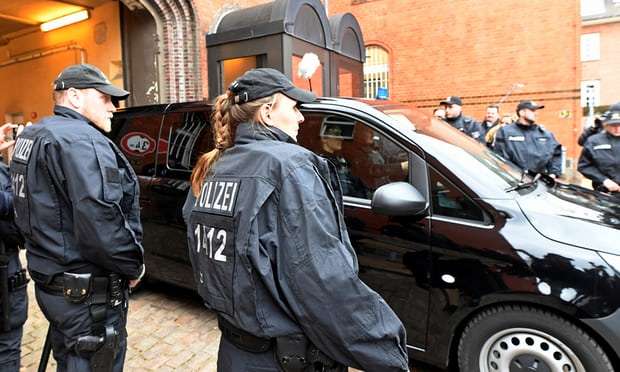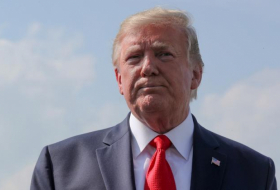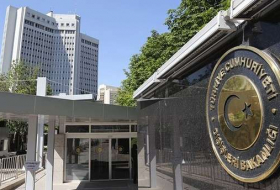Puigdemont was detained under a European arrest warrant in the northern German province of Schleswig-Holstein on Sunday morning as he journeyed by car from Helsinki to Brussels, where he has been living in self-imposed exile since Catalonia’s unilateral declaration of independence last October.
Sources in Spain’s National Intelligence Centre (CNI) told Spanish media outlets that the surveillance team had used the geolocation service on the mobile phone of at least one of Puigdemont’s companions to monitor his movements, as well as fitting a tracking device to the Renault Espace the group had been travelling in. Twelve CNI agents were involved in the operation.
Puigdemont was remanded in custody in Germany on Monday. The German authorities have 60 days in which to reach a decision on the extradition request, which Puigdemont opposed during a hearing. Spain wants to extradite him on charges of rebellion, sedition and misuse of public funds in relation to that declaration.
The Madrid government, irked that Puigdemont was using his freedom of movement to address meetings about Catalan independence in Denmark, Switzerland and Finland, had hinted at plans to revoke Puigdemont’s passport when on Friday the Spanish supreme court judge Pablo Llarena revived the international warrant for his arrest that had been rescinded in December.
The tracking device on the Espace, which had Belgian number plates, was fitted in Waterloo, the small Belgian town where the former president had installed himself in self-imposed exile, Spanish media reported.
Puigdemont had been visiting Finland since Thursday for talks with lawmakers, but when the car left Waterloo on Friday morning and began travelling north, they suspected that Puigdemont was planning to return to Belgium by car.
It appears that he took the ferry from Helsinki to Stockholm from where he began the car journey to the border between Denmark and Germany.
Ernst Walter, president of the German police union, said on Bayern 2 radio that he was surprised that Puigdemont was not detained in Denmark under the international arrest warrant, suggesting that the Madrid authorities had preferred to wait until he was on German soil.
Security sources told Spanish media there were four other people in the car with Puigdemont when it was stopped at a petrol station in Schleswig-Holstein.
One was the businessman Josep María Matamala Alsina, a close confidant of the former president who is said to be one of the people bankrolling Puigdemont’s life abroad.
The second was Josep Lluis Alay Rodríguez, a specialist in contemporary Tibetan and Mongolian history at the University of Barcelona who is also commissioner for international relations in the city’s provincial government, which claims he was he was there on official business.
Police sources told Spanish media that the other two, an off-duty member of the Catalan Mossos d’Esquadra police force, Xabier Goicoechea Fernández, and Carlos de Pedro López, were the drivers who had made the trip from Waterloo to Stockholm, a 995-mile (1,600km) journey that they covered in just over 24 hours.
Spain’s national court on Tuesday opened an investigation into whether the four people accompanying Puigdemont on his journey might be guilty of concealment. The Mossos d’Esquadra are also investigating the role of the two off-duty officers involved.
Lluís Escolà, another off-duty Mossos officer who has been with Puigdemont since he fled to Belgium, claims he discovered the tracking device on the car two months ago and reported it to Belgian police.
Escolà also claimed Puigdemont was aware that he was being tracked but thought he could still make it back to Brussels before he was detained.
The Guardian
















































